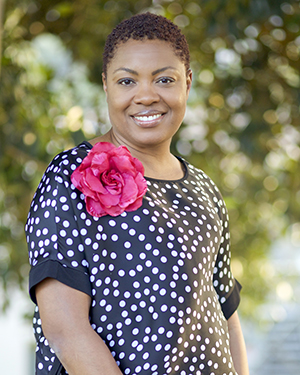How beloved and gracious were Saul and Jonathan! They were together in life and in death. (2 Samuel 1:23)
King Saul and Jonathan are dead. This is the news that the disheveled Amalekite messenger shared with David in Ziklag. It was war season, and he and his men had just returned from fighting Amalekites in the Negev Desert. Israel was at war with the Philistines. The messenger is questioned to determine the credibility of his news. Can he be trusted?
The young man claims to have ended Saul’s life in a mercy killing. He presents David with the crown and armband that had belonged to the fallen leader of Israel. The crown and armband are real. David’s response is a deep lament. He tears his clothing, as do his companions. They weep loudly, fasting until evening as a community because Saul and Jonathan are dead.
I imagine the messenger must have been thoroughly confused. This was not the reception that he had expected. Everyone knew that David was anointed to be king and Saul had attempted to take David’s life on multiple occasions. The messenger must have wondered why there was rejoicing at this news.
At sunset, David sends for the young man and cross-examines him once more. In this round of questions, the presumptive king inquires, “How was it you were not afraid to put forth your hand to destroy the Lord’s anointed?” The messenger is judged and found guilty of taking the life of the king. This act shows that David would not and did not steal the kingdom. Instead, David continued to mourn the death of the King and Jonathan, and the countless others who died on Mount Gilboa defending the kingdom of Israel.
Why is David in deep mourning when King Saul had sought to take his life on countless occasions? Grieving for Jonathan makes sense because of their friendship and covenants, but why mourn for Saul? Perhaps he mourns because he recognizes how much more they could have accomplished if Saul hadn’t been jealous. Maybe he mourns because he comprehends the consequences of war. Possibly he mourns because death steals life and leaves sorrow in its wake.
From David, we learn that each of us must determine how we will respond when someone repeatedly treats us unkindly. We can retaliate or forgive. We also learn that trusting God to defend us or fight on our behalf is better than trying to do it ourselves. We learn the importance of mourning and acknowledging our pain in community. We are indeed invited to bear each other’s burdens (Galatians 6:2). Most importantly we learn to be careful to whom we listen.
I am determined to be like David, choosing to listen to the voice of God more than men.
—Dilys Brooks, MDiv, is campus chaplain for Loma Linda University.


